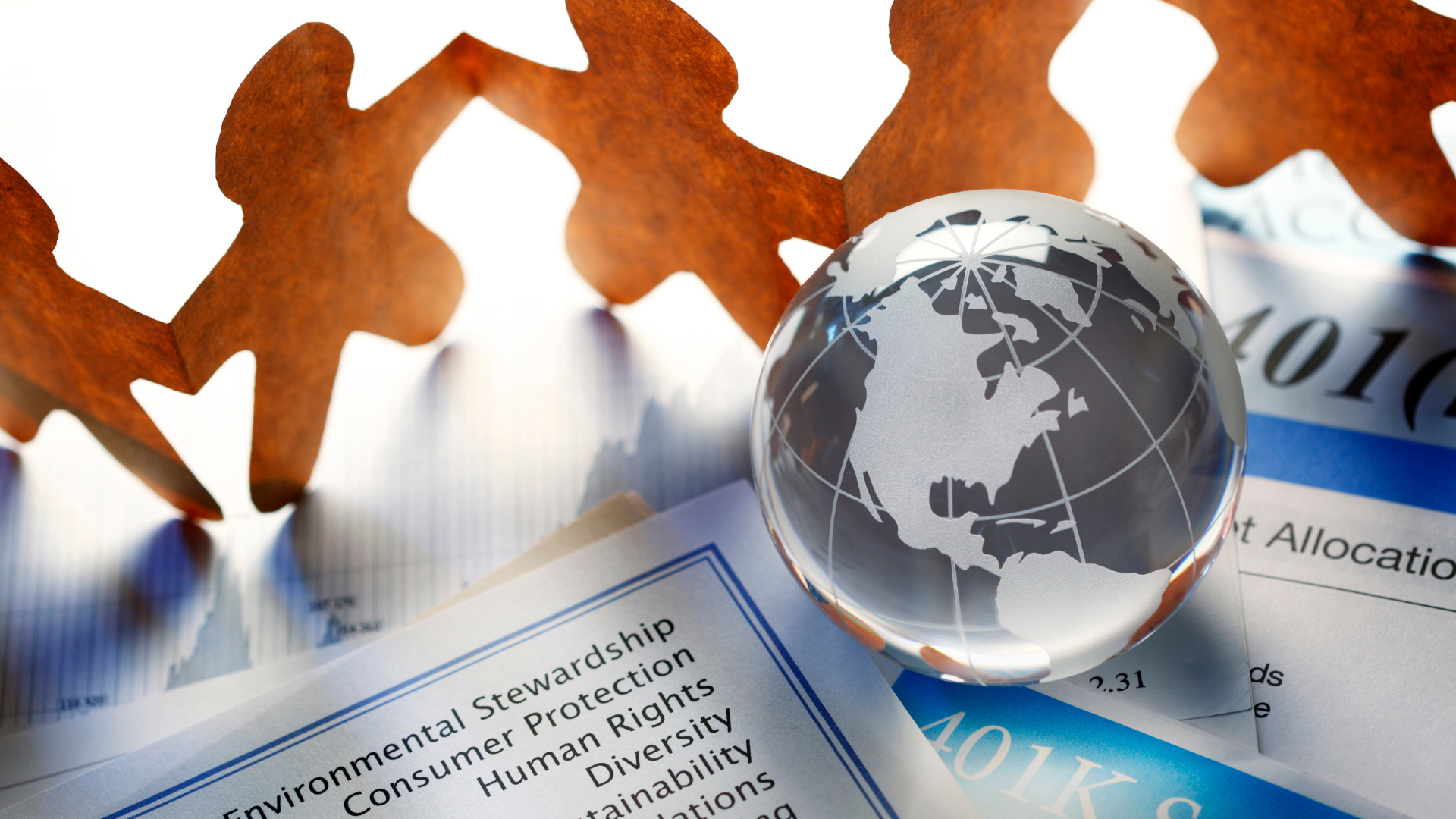
Responsible Investing in the 21st Century
For decades, investors looking to make a difference in their local communities often turned to their investment portfolios. However, many investors found it difficult to choose between socially responsible mutual funds. Today, with the creation of Socially Responsible Investing (SRI) funds, investors of all types can incorporate social responsibility into their investment portfolios. Whether you want to know how to invest 10 million dollars or $1, the objective of investing is to achieve financial growth. But investing responsibly means making an investment that contributes to the long-term value of the companies you own while also protecting you against unexpected market downturns and helping you meet your other financial goals.
Investing in socially responsible and impact-driven funds and companies is a trend that is growing at an exponential rate. But how can you invest in socially responsible companies? With the growth of impact investing has come new questions and confusion around this topic.
Responsible Investing
Responsible Investing, also known as ESG Investing, focuses on considering environmental, social, and governance factors when making investment decisions. Investors who follow this approach believe that supporting companies with strong environmental policies and practices can lead to long-term positive impact. Adhering to the GIPS Standards enhances this process by promoting transparency and consistency in performance reporting. This helps investors make well-informed decisions that align with their values and ensures they are supporting companies that prioritize responsible practices.
ESG Criteria That Responsible Investing Should Have:
Environmental Performance
Environmental performance is an integral part of responsible investing. The practice of responsible investing includes screening out companies whose business activities have a negative impact on the environment or whose products or services contribute to climate change. Environmental performance is an integral part of responsible investing. The practice of responsible investing includes screening out companies whose business activities have a negative impact on the environment or whose products or services contribute to climate change.
Additionally, some investors rely on dividends, which are regular payments made by a company to its shareholders from its profits. These investors should be cautious about dividend suspensions, which refer to the temporary or indefinite cancellation of these payments. Therefore, to stay informed about potential risks when purchasing stocks, a dividend suspension list could offer valuable insights into companies that have recently halted their dividend payments. For instance, a company that cuts or stops paying dividends often tends to be in financial trouble. This could be due to declining earnings, mounting debts, or other financial challenges. Now with this added information, investors can be more mindful when making a decision.
Sustainability
Sustainability, as a core ESG consideration, reflects the increasing awareness of the environmental impact of investments. As energy companies have been using wireline in Red Deer and other places to determine that more and more sources of traditional oil and gas are on a decline, they have been sobering up to the fact that sustainability is the future. Sustainable investments, thence, aim to support companies that prioritize eco-friendly practices, reducing their carbon footprint and promoting clean energy initiatives.
Ethics, Governance, and Transparency
Responsible investing (RI) is the growing global phenomenon of investing in companies indirectly or directly, through investment products and services, with a social or environmental purpose that aligns with an individual’s values, beliefs, and lifestyle. Increasingly, RI is mainstream and appealing to both institutional and individual investors.
Product Safety
Investing responsibly is important for every investor, but it’s particularly important for socially responsible investors, or SRIs, who hold stocks based on a company’s environmental, social, and governance (ESG) policies, practices, and products. By meeting with ESG consulting firms, investors who care about a company’s social and environmental impact, as well as those seeking to make a positive impact on society, can find some smart ways to put their money to work.
Equality
Investing responsibly means investing with and for the planet. It also means investing with and for the people within our community. It can help reduce inequality, promote economic prosperity, and improve the quality of life for all.
Human Rights
A crucial element of responsible investing is ensuring that investments do not contribute to human rights abuses. Investors can engage in responsible investing by incorporating human rights in their investment analysis. The Ethics and Compliance Program of Credit Suisse Group supports this initiative by providing investors with research, tools, and information to help them identify and assess potential human rights risks.
Community
Investing in the local community and being involved in the communities we live in has a myriad of benefits, both for the individual and the community. This has been highlighted in the latest Responsible Investment (RI) Australia report, which found that investing responsibly helps strengthen Australian communities.
When companies make major product investments, it’s possible they could negatively affect the environment with chemical waste. For this reason, it’s smart to consider investments that offset the environmental cost of their products. Responsible investing, or socially responsible investing, is a strategy for making investments that consider a company’s effect on society and the environment.
Millennials are the future, and investing will become an increasingly attractive option as they become more comfortable being financially responsible. However, the biggest concern with investing is still that of return. Investment firms must do more to educate millennials on return expectations.

Comments (0)